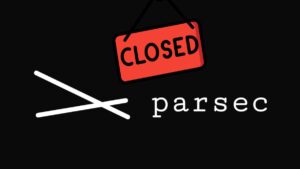Chaos ensues in the DeFi world. The Lido protocol finds itself in the midst of controversy after LayerZero, a leading company in building interoperability infrastructure for blockchains, launched a crypto bridge for Lido’s stETH token without obtaining prior permission from Lido DAO, the community overseeing the protocol.
The trigger for the discord was LayerZero’s unilateral deployment of the bridge last October, allowing users to transfer the stETH token to other networks, such as Binance’s BNB chain and the Avalanche blockchain. Despite LayerZero consulting Lido DAO for support, it proceeded with the launch before obtaining the official approval of the community group.
This move sparked discontent within the Lido DAO community, as some members perceived LayerZero’s attempt to present itself as an official partner without the DAO’s endorsement. Criticisms focused on the lack of respect for the DAO and the perception that LayerZero was trying to secure an early advantage to attract users before the DAO could evaluate other alternatives.
Lido Community Votes for Different Alternatives to Replace LayerZero
The conflict is particularly relevant due to the growing importance of “interoperability” between blockchains in an environment where various chains are proliferating. The ability to transfer assets from one chain to another has become a crucial aspect for the development of the blockchain ecosystem. In this context, Lido’s stETH token, with a total locked value of $20.8 billion, becomes a coveted prize for interoperability providers.
The Lido community expressed its discontent with LayerZero through a survey, where 81% of the votes favored a bridge proposal presented by two of LayerZero’s main competitors: Axelar and Wormhole. This joint proposal aims to prevent “vendor lock-in” and allows extensions to other bridge providers in the future.
LayerZero’s proposal for official endorsement received only 5% support in the community survey. Although LayerZero continues to operate its bridge, the community made it very clear that they support alternatives. After this episode, it is crucial to emphasize the importance of transparency and consensus in decentralized networks. Projects must adhere to ethical and collaborative principles as decentralized solutions become the foundation of development in the Web3 era.











